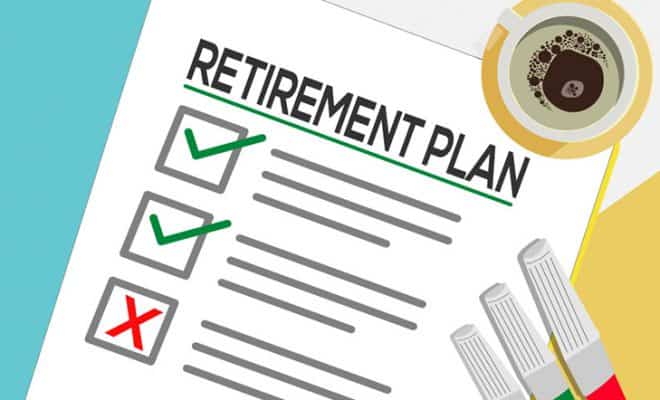By Melissa Erickson
COVID-19 is spoiling Americans’ efforts at retirement planning, causing many to dip into their nest eggs, scale back contributions and work past 65.
Twenty-three percent of all workers and 32% of baby boomers who are employed or recently unemployed say their confidence in their ability to retire comfortably has declined in light of the coronavirus pandemic, according to a recent Transamerica Center for Retirement Studies survey.
“The impact to Americans’ retirement accounts may be bigger than that of the Great Recession,” said Catherine Collinson, CEO and President of Transamerica
Institute and Transamerica Center for Retirement Studies. “While 42% of Americans did not feel the impact on their retirement savings due to the Great
Recession, just 29% of respondents say the same for the COVID-19 pandemic. Before the COVID-19 pandemic, 6 in 10 Americans say they regularly contributed to their retirement savings and were on track with their retirement plans.”
Seven in 10 Americans anticipate the pandemic to impact their retirement plans, the study found.
While just over half of all workers expect to work past 65, 68% of boomers either expect to work or are already working past 65 or do not plan to retire, compared with 53% of Generation X and 43% of millennials.
“This is very concerning because the pandemic and economic downturn are far from over. We don’t know when it’s going to end, and it may not end anytime soon,” Collinson said. Times might be extraordinarily difficult, but “actionable glimmers of hope exist,” Collinson said. “People need to think about what they can do to collectively improve their economic outlook.Never underestimate the power of baby steps to lead to long-term leaps.”
• Stay open minded during these times of uncertainty, she said: “How and when to retire will always be personalized to your own financial situation. It’s important to understand how withdrawing or adding to your retirement account might impact your long-term financial goals. Now is a great time to revisit your financial plan and adjust if needed.”
• Only about 1 in 10 Americans has formally estimated their retirement needs with a retirement calculator or a worksheet, she said. About half say they have estimated what they will need to survive in retirement. “Now is the time to do it. Knowledge is power. It’s impossible to create a road map without a destination in mind.”
• Review your sources of income, savings, debt, expenses. Set long and short-term goals. “You need to find out where you stand financially to be able to make informed decisions,” Collinson said.
• Comb through your credit card statements looking for ways to save. Cancel unused subscriptions, for example. “Go in search of the loose change,” Collinson said.
• Look at short-term, emergency and long-term savings with an eye toward understanding sources of funds you can turn to if needed to avoid dipping
into retirement savings, which should be a last resort, Collinson said. “If you do dip into savings, take only what’s absolutely necessary and make a plan to pay yourself back,” she said.
• Be aware of the sources of relief that are in place. “If you need to miss a payment on a loan or credit card, contact your lender and ask for relief. Let them know what you’re going through. Ask about an alternative payment plan,” Collinson said.
• In addition to unemployment benefits and federal relief, look for sources at the state and local levels, she said.
• If enrolled in a 401(k) plan, check the website and/or contact the provider, who can supply retirement resources and tools that are often underutilized, Collinson said.



